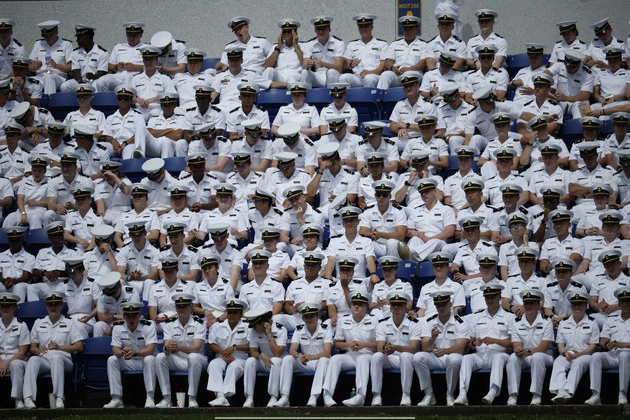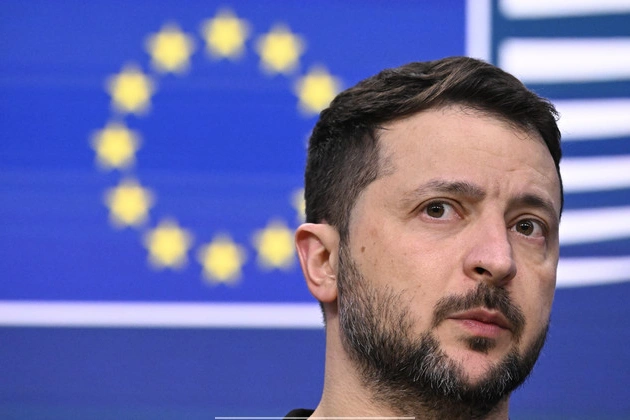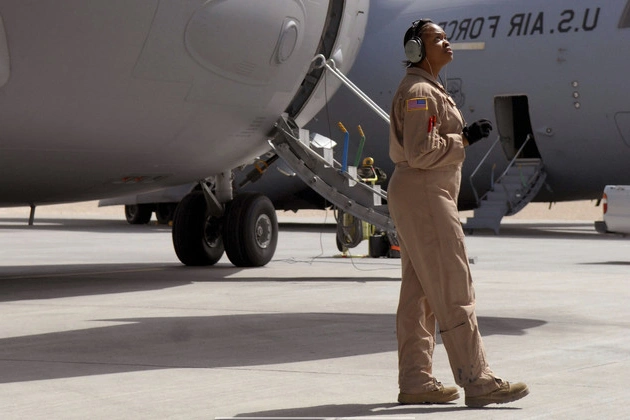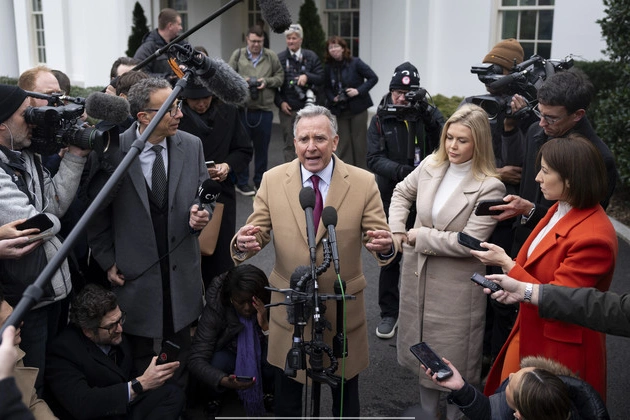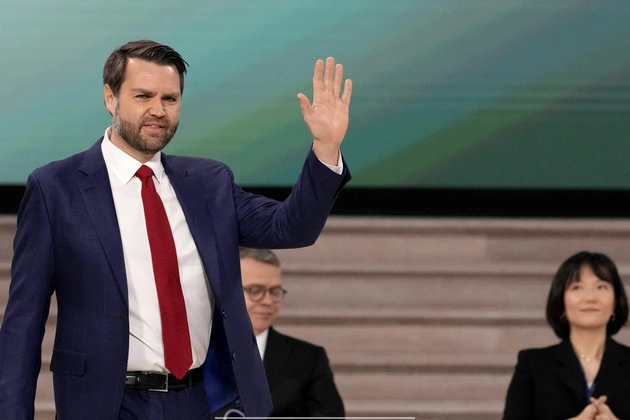
European allies are facing a pivotal moment as they question the reliability of the United States in the current geopolitical landscape. The upcoming Munich Security Conference serves as a critical juncture for European officials to gauge the direction of US foreign policy under the new administration.
The Shifting Paradigm
President Donald Trump’s approach towards European nations has been characterized by calls for increased defense spending, skepticism towards traditional alliances, and unconventional diplomatic maneuvers. This departure from established norms has left European allies grappling with uncertainty and reevaluating their strategic partnerships.
With the emergence of a more assertive US administration, European leaders acknowledge that ‘the rules of the game have changed.’ The need to adapt to a new geopolitical reality is underscored by the administration’s emphasis on burden-sharing, renegotiating existing agreements, and prioritizing national interests.
Key Concerns and Expectations
European diplomats are closely monitoring Vice President JD Vance’s interactions, particularly his engagement with Ukrainian President Volodymyr Zelenskyy. Vance’s stance on US support for Ukraine and broader foreign policy objectives will be scrutinized for insights into the administration’s approach towards the region.
Additionally, Secretary of State Marco Rubio and Russia-Ukraine czar Keith Kellogg are expected to provide clarity on US policy regarding Europe. Their presence at the Munich Security Conference signals a pivotal moment for transatlantic relations and cooperation.
Addressing Challenges and Opportunities
While the US administration’s calls for increased defense spending resonate with some NATO members, there are challenges in meeting ambitious targets such as allocating 5% of GDP towards defense. The discussions at the conference are crucial for fostering unity and addressing security concerns in a rapidly evolving global landscape.
European leaders recognize the imperative of enhancing defense capabilities and deterring external threats, particularly in light of Russia’s assertive actions. The ongoing dialogue at the conference aims to chart a course for collective security and reaffirm the transatlantic bond in the face of emerging challenges.







